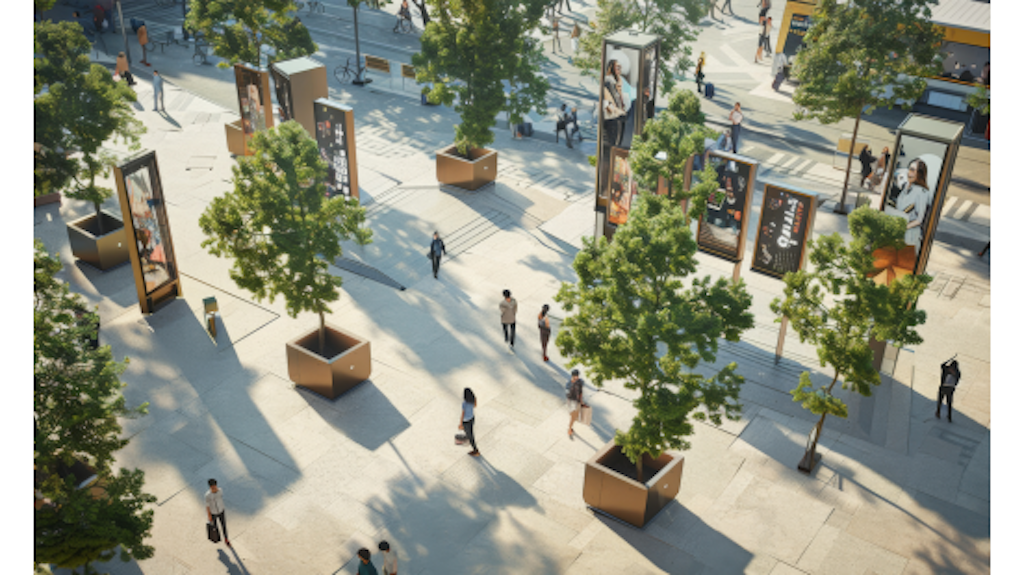Neighbourhoods may hold the key to slowing cognitive decline
Last updated on 11 August 2025

A 13-year study of older Australians has found that where you live could be just as important as lifestyle and genetics in determining how well your brain ages.
Researchers from the Centre for Healthy Brain Ageing (CHeBA) at UNSW Sydney and the Australian Catholic University (ACU) have revealed that living in walkable, green, and well-connected neighbourhoods may help protect against memory loss and cognitive decline.
The study found that areas with good access to public transport, commercial services, and blue or green spaces were linked to better brain health outcomes. Published in Alzheimer’s and Dementia, the research draws on data from the long-running Sydney Memory and Ageing Study (MAS), which followed more than 1,000 adults aged 70 and over for nearly 14 years.
Participants living in greener, more densely populated neighbourhoods with easy access to services were less likely to develop dementia. In contrast, higher exposure to fine particulate air pollution (PM2.5) was associated with a greater risk of cognitive decline.
“What’s exciting about this research is that it confirms the environment you live in isn’t just a backdrop to healthy ageing — it’s a key ingredient,” said Professor Ester Cerin, lead author from ACU and founder of the International Cognitive Health and the Environment Network (ICHEN).
“Supportive neighbourhoods that encourage activity, reduce stress, and offer better air quality appear to help protect the ageing brain. This study builds on similar findings from other research contributing to ICHEN on the impact of environmental exposures on cognition and is particularly important as it is based on rigorous cognitive assessments across a long period of time.”
The team also found that access to public transport, parkland and coastal or blue spaces increased the likelihood of recovering from mild cognitive impairment, a known precursor to dementia.
“This is a hopeful message,” said Dr Annabel Matison, Post-Doctoral Research Fellow at CHeBA. “Even in later life, living in the right environment can offer a second chance for cognitive improvement — not just delay deterioration.”
The findings highlight the potential for urban planning and environmental policy to improve brain health at a population level.
Professor Perminder Sachdev and Professor Henry Brodaty, Co-Directors of CHeBA and founding investigators of MAS, said the results represent the culmination of nearly two decades of work.
“When we began MAS in 2005, we aimed to understand why some people maintain cognitive function while others decline. This new analysis gives us deeper insight into how the built and natural environments play a role,” Prof. Sachdev said.
Following the success of the original study, a new follow-up — MAS2 — was launched in 2023 to examine environmental effects on a new generation of older Australians. This second study reflects changes in society, such as higher education levels, improved healthcare access, and greater cultural diversity.
“The MAS2 cohort will allow us to investigate how different life experiences and environments shape ageing in the 21st century,” Prof. Brodaty said.
With more than 200 scientific papers already produced from MAS, this latest research adds to growing evidence that healthy ageing depends not just on genes and lifestyle, but also on where you live.